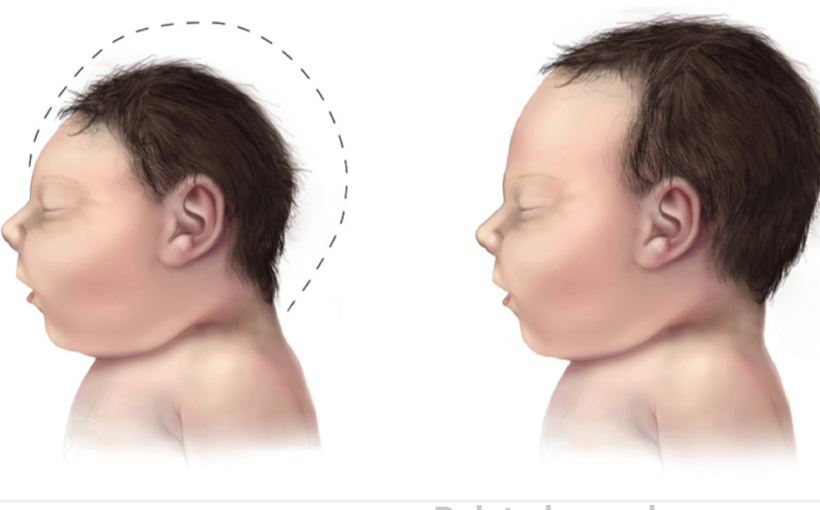First, the anticipated: authors Luckrezia Awuor, an Environmental Applied Science and Management graduate student, and Stephanie Melles, Assistant Professor in

stay healthy…

First, the anticipated: authors Luckrezia Awuor, an Environmental Applied Science and Management graduate student, and Stephanie Melles, Assistant Professor in

The study team, led by Rozalina McCoy, M.D., an endocrinologist and primary care physician at Mayo Clinic, sought to identify

During an experiment, the research team had 40 people play a card game on the computer, in which participants choose
Mothers who drink moderate to high levels of alcohol during pregnancy may be changing their babies’ DNA, according to a
Stanford researchers are collaborating on a vibrating glove that could improve hand function after a stroke. The most obvious sign
Malaria is a mosquito-borne infectious disease that affects humans and other animals with more than 200 million cases annually, particularly
reverse aging process in rat brain stem cells August 14, 2019 , University of Cambridge New research reveals how increasing brain

Researchers from the University of Leeds analysed 25 fans of the city’s soccer team over three Championship games. They found

The Zika virus is spread by mosquitoes in tropical and subtropical regions, and, in most adults, the symptoms of infection

Researchers at The University of Texas at Austin took a deeper look at the hormonal underpinnings of moral reasoning. Previous